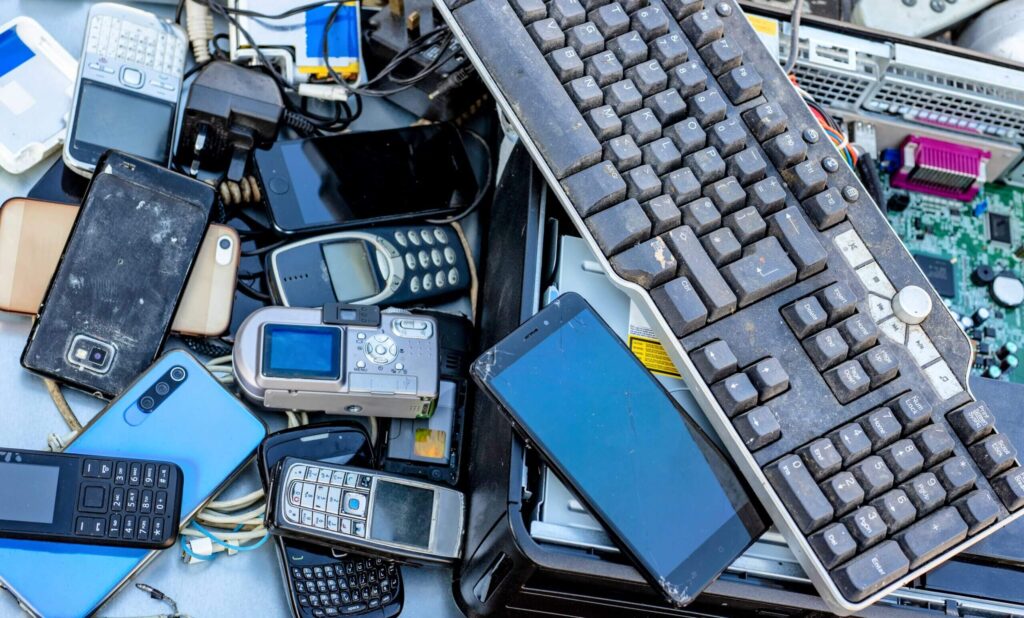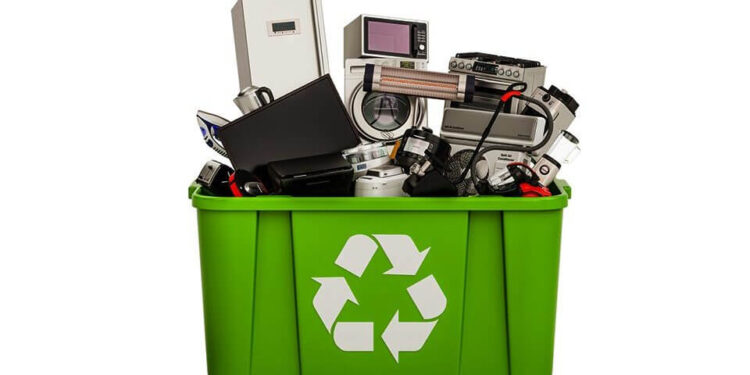Communication regulatory units for governments of East African Community (EAC) have jointly rolled out a long term strategic plan that will help member countries have an overall control of imported obsolete electronic components.
The units which forms the East African Communication Organizations (EACO) passed a resolution during their three day meeting recently in Dar es Salaam being the fifth meeting to be held in Tanzania since it was established in 2015.
The three day meeting was organized by Tanzania Communications Regulatory Authority (TCRA) in collaboration with National Environmental Management Council (NEMC) and was attended physically by 184 delegates from East African Community member states.
Other 244 delegates attended the meeting in a zoom conference which was televised and connected to some countries in Europe from Dar es Salaam commercial city.
Participants had more time to discuss on sustainable management for e-waste and ways of harmonizing the initiatives as well as the challenges of sound environmental management with a view to minimize negative effects from communities within EAC member states.
TCRA which stands as the main communication unit for all types of electronic gadgets used for Information and Communication on Tanzanian side, has come up with a program for users called, “Extended producer responsibility” which is going to be applied in Tanzania in near future.

TCRA’s Director of Industry Affairs Dr. Emmanuel Manasseh told The BusinessWiz in an exclusive interview that, under the program users of electronic components will have to submit their obsolete gadgets such as cell-phones in exchange for new ones and pay little money to sellers.
According to him, shops will be opened in various collection centers countrywide to which users will have time to submit their obsolete items as a way to curb e-waste instead of throwing them away.
He further noted that, the process will be linked in collaboration with manufacturers, suppliers as well as dealers of all kinds of electronic components who have been licensed in the country in order to ensure that awareness is adequately communicated in communities.
“Our primary goal is to put in place strategic measures on how we can control e-waste as a strategy in the country and within EAC member countries who are consistently spearheading such efforts as they did on plastic bags”, he said.
However, he further said that, TCRA will advocate this program and communicate to local people through various media outlets, and most importantly these would be aired through national radio station and television as a matter of advocacy.
In addition, however he further noted that, EAC member states have jointly rolled out a long term strategic plan that will help member countries have an overall control of imported obsolete electronic components.
The introduced plans will focus on advocacy, capacity building among other things, and will work on the policies, regulations, legislations and resource organizations to be formulated later to ensure that the regional bloc remains safe and is not turned into a dumping site of used electronic gadgets.
To strengthen the move, bureau standards agencies of each member country have been cautioned to work collaboratively with importers and business stakeholders such as telecommunication companies and others alike in order to ensure that only good qualities of the imported ICT assortments enters their countries.
In line with the durability of such ICT tools, the bureau agency need to check thoroughly each product such as Television sets, Computers, Cell phones, Dry batteries and many other ICT tools if they actually conform to the better standards required before allowing them to pass through border posts of each member state.
The last week meeting also identified the needs of formal recyclers of ICT components and looked at the policy harmonization with an aim to identify the positive impact of collaborations towards effective and sustainable e-waste management.
During panel discussions, various presentations showed that, there are no recycling industries which have been established within the EAC region to quickly minimize the high rates and costs of disposals of obsolete ICT components.
Except that, “there are companies which are engaged directly in collection, dismantling as well as transportation of the e-waste material back to manufacturers outside the regional bloc after being licensed to do the work by the respective governments”.
When contacted for comments, the EACO Chairperson Juma Ooro told The BusinessWiz that, “there are still large piles of electronic gadgets kept in stores in most urban centers with some components left loitering around in streets and other public places an aspect which is very detrimental to human health”.







